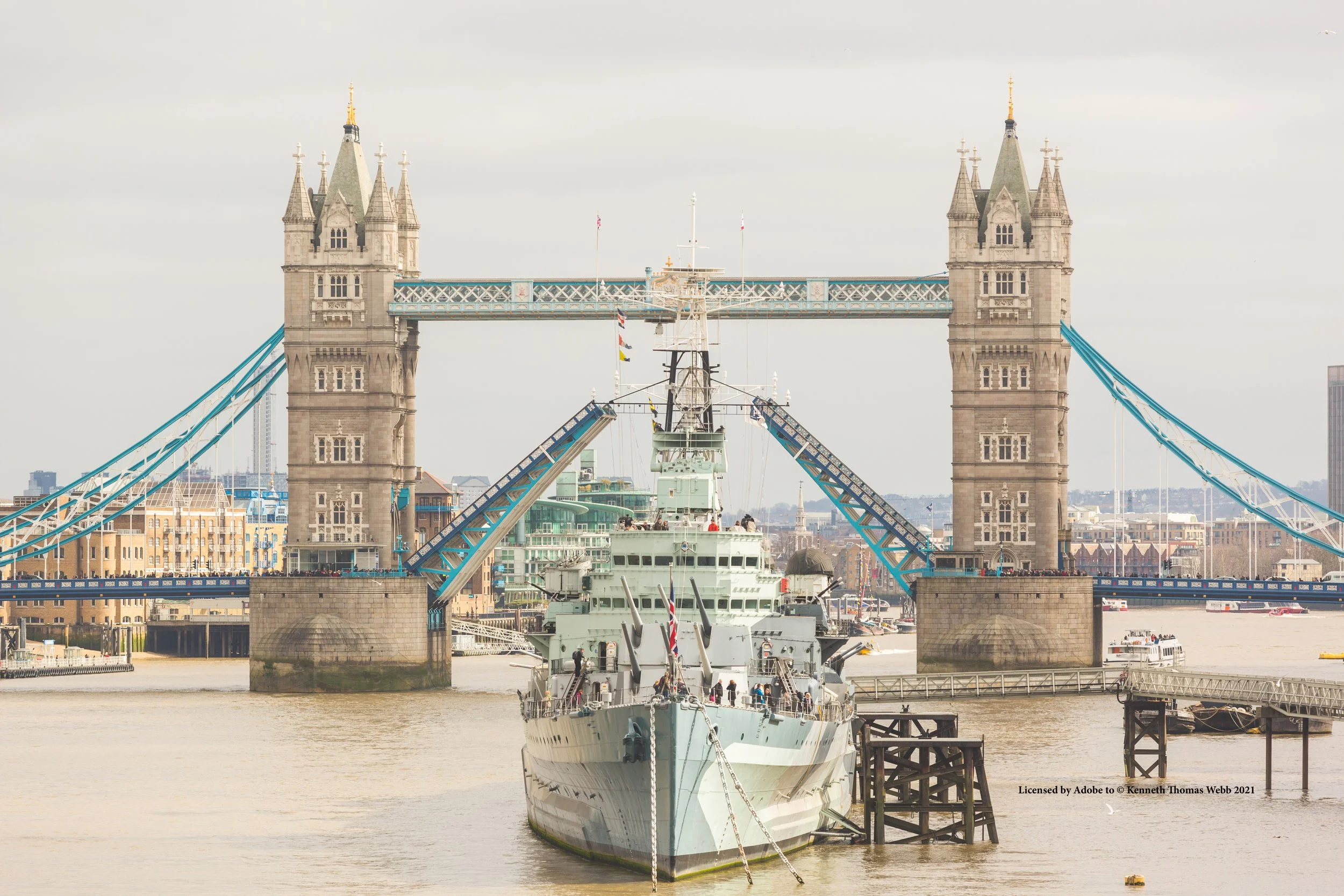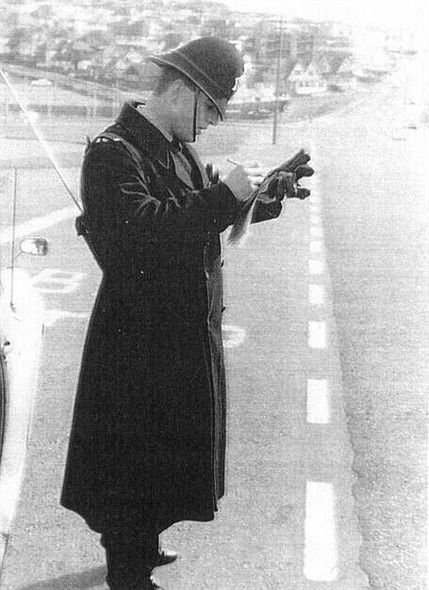Social Media

DIARY
Social Media
I
In 2015 I closed my Facebook and Twitter accounts. I needed to devote myself to family duties. The downside was losing contact with hundreds of correspondents and online friends.
Last year I thought much about returning to the community I missed and had of course kept in contact with some friends.
Facebook and Twitter are in place again, but Twitter - boy oh boy - it is even worse than two years back, so I decided to give that one a miss. I think, for me personally, the low point came watching international diplomacy relegated to middle-of-the-night rants from the home of the ‘leader of the free world’.
How on earth would FDR [i] have responded to this? What would JFK [ii] say?
II
Keep in mind that whatever you write and post on the internet - which includes social media - it’s there for good.
Be not surprised in the 2080s when some – the new ‘in’ word – ‘stuff’ you’re writing now, worse still, selfies you take when well under the influence, come back to haunt you …
Hey Granners / Hey Great Gran … what on earth made you write and do that?!!! How COULD you write that dad?!
There is a good side to social media, often outweighed by the bad.
III
As a police officer in the 1970s-1980s in Britain, I was an Area Constable. I walked the beat.
Towns were divided into blocks: footbeats 1,2,3 and so on.
Cheltenham had five footbeats. Thus, we had five constables on foot in the town centre. So too, in Gloucester. In the smaller outlying towns such as Stow-on-the-Wold, Burford and Cinderford we still had at least two out in each town. Cheltenham was also supported by five area beats, each with its own 24/7 police station. Speaking with constables today, none can even comprehend this level of policing.
We had a further advantage. Radio comms. All I had to do - standing on Boots Corner in Cheltenham (where the four roads meet) if I saw young people 200 yards up the road becoming a nuisance - was to catch the eye of any one of them; gloved hand, touch side of nose, point to said eyes, and the message was clear. I’m watching, and I’ve got immediate backup.
That’s how it worked and had worked for more than a century.
Social Media arrived and suddenly the police were on the back-foot.
IV
SM comms was faster than police comms. This came home with a blast in the August 2011 Riots that kicked off in London and, like wildfire, then spread to Liverpool, Birmingham, Manchester and Bristol, and other towns and cities.
Cars were ablaze in streets. Police were outwitted by fast-roving mobs who would quickly reappear and rampage.
People of my age could not understand police reluctance to respond and to engage the ‘stand-offs’.
Up In Liverpool, I asked officers why so? ‘We can’t. We’ve got no standing mate.’
‘What on earth are you talking about? You are constables!’
One chap’s goldfish bowl gaping response said it all. And suddenly I realised just how out of touch I was, how society had changed. As the constable then put it, we’re emasculated when compared with your day.
V
COBRA [iii] was convened and chaired by the prime minister, at that time David Cameron. He spoke to the media outside Number Ten following that meeting. With the frightening image of a woman leaping from a burning building going viral worldwide, the PM needed to reassure not just the British people, but also the entire Olympic world community, who were now openly wondering whether the London Olympics could possibly go ahead.
The leader image on every front page throughout the UK and in many world-famous newspapers … This is London August 2011
Was Britain up to it?
Was its once famous police force able to measure up?
His words were clear and unequivocal. And for the first time, the police went back onto positive law enforcement. Again, as one officer up in Liverpool remarked, we’ve waited thirty years for this. I baulked. That is the length of an entire police career, for in my day we signed up for thirty years at age 19.
VI
Social Media gives the criminal, the hooligan the edge. Respect for the police and the other emergency services has evaporated. Woke policy still holds the police service in its vice-like grip.
So think about how you utilise your social media. How much does it dominate your hourly routine?
Here’s an instance. A few years ago, watching Prime Minister’s Questions, or any debate for that matter, everyone sat and paid attention. It was unheard of for there to be even a notebook.
Watch PMQs today, and a good proportion of those seated will be on their iPhones.
Sure, they’ll say they are listening avidly, multi-tasking. Really? [iv]
Really?
VII
In your own conversations face-to-face, forget about your own use of social media for the moment, and just count up the number of times in the last month you have been cut off mid-sentence by the other person’s bleep and that tell-all I’m bored look and that earnest pronouncement, “Skuze, I must take this!”
Footnotes
[i] President Franklin Delano Roosevelt
[ii] President John Fitzgerald Kennedy
[iii] Cabinet Office Briefing Room A, and refers to the emergency council that forms when a crisis arises that requires different departments to work in tandem (i News)
[iv] and in 2022 Westminster hit a low that even now seems difficult to accept ~ an MP sitting in the Chamber during debate watching pornography
9 June 2022
All Rights Reserved
Liverpool
© Kenneth Thomas Webb 2022
First written 30 November 2020
[i] The banner image by Camilo Jimenez through Unsplash perfectly defines our ‘current preoccupation and distraction’
Ken Webb is a writer and proofreader. His website, kennwebb.com, showcases his work as a writer, blogger and podcaster, resting on his successive careers as a police officer, progressing to a junior lawyer in succession and trusts as a Fellow of the Institute of Legal Executives, a retired officer with the Royal Air Force Volunteer Reserve, and latterly, for three years, the owner and editor of two lifestyle magazines in Liverpool.
He also just handed over a successful two year chairmanship in Gloucestershire with Cheltenham Regency Probus.
Pandemic aside, he spends his time equally between his city, Liverpool, and the county of his birth, Gloucestershire.
In this fast-paced present age, proof-reading is essential. And this skill also occasionally leads to copy-editing writers’ manuscripts for submission to publishers and also student and post graduate dissertations.







